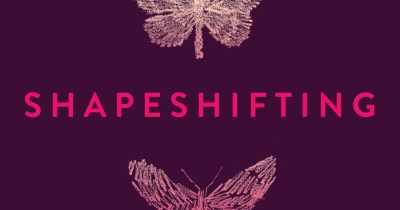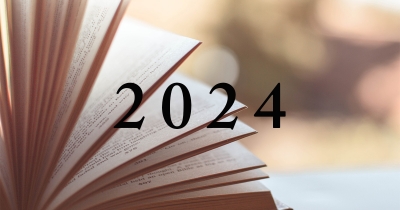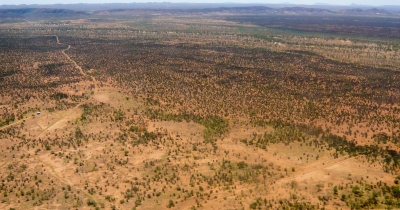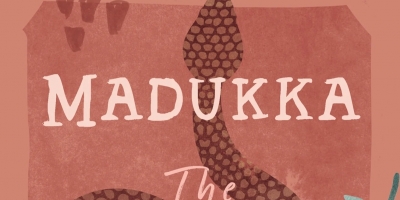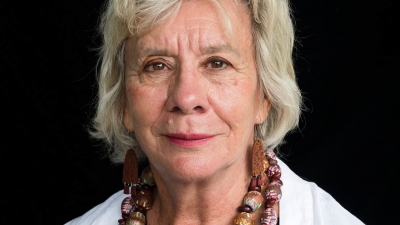Julie Janson
Shapeshifting: First Nations lyric nonfiction edited by Jeanine Leane and Ellen van Neerven
by Julie Janson •
William Dalrymple’s The Golden Road: How ancient India transformed the world (Bloomsbury, reviewed in ABR, 10/24) explores the ways in which India shaped the ancient (and by extension modern) world. This expansive work is brilliantly readable. I enjoyed it so much that I downloaded the recorded version, which Dalrymple himself narrates. This I have listened to twice. Dalrymple challenges the Western-centric view of history and highlights India’s under-appreciated impact on Asian and Western cultural and economic developments. My second selection is almost a diametrical opposite: a slim book written in incredible haste. Gideon Haigh’s My Brother Jaz (MUP) is an exploration of grief, guilt, remorse, and survival. In January 2024, Haigh impulsively and, one imagines, frenetically began writing about the night his seventeen-year-old brother Jasper was killed. He finished seventy-two hours later. My Brother Jaz is unflinching, painful, and anguished. It is also a remarkable exploration of what it means to go on, to live, to reconcile and remember. ... (read more)
Burn by Melanie Saward & We Didn’t Think It Through by Gary Lonesborough
by Julie Janson •
She Is The Earth by Ali Cobby Eckermann & More Than These Bones by Bebe Backhouse
by Julie Janson •
'Minyerri (now marked for fracking)', a new poem by Julie Janson.
... (read more)'Kurraarr Far Country', a new poem by Julie Janson.
... (read more)
